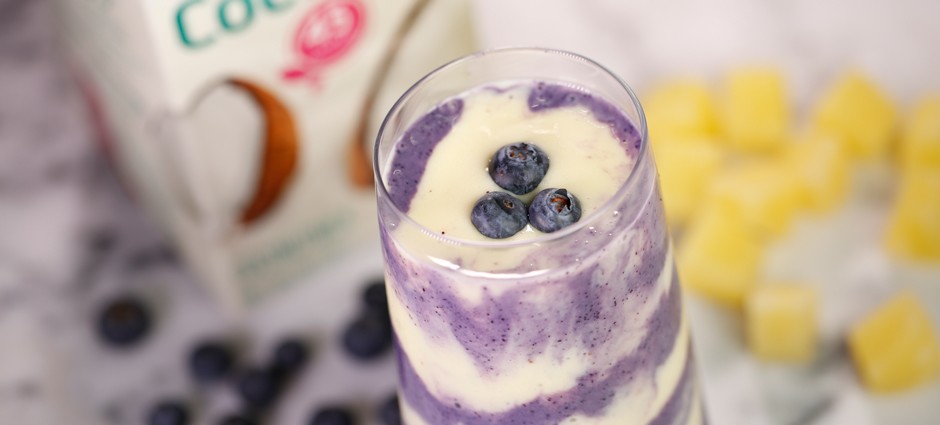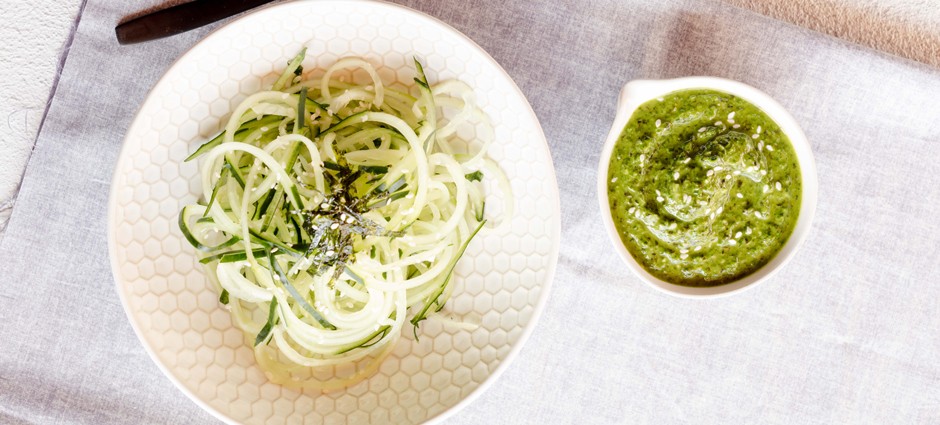Converting to a plant-based diet can be slightly intimidating, just like any lifestyle change. The most important key to success is to remember why you want to make the switch: preventing disease, losing weight, having more energy, reducing environmental impact, or safeguarding animal welfare. Transitioning to a plant-based diet shouldn’t be a deprivation diet–it should be a time to focus on what you’re now including instead of what you’re eliminating. Write down why you’re doing this: scribble a post-it note and stick it somewhere you’ll see often. This will help you stay focused on the important reason you want to make a change.
X
This recipe has been saved
















Share this Post